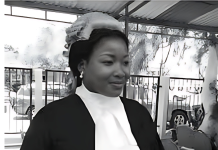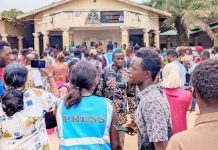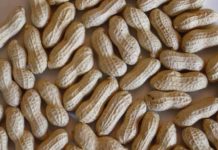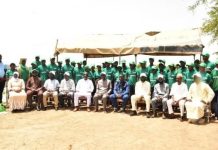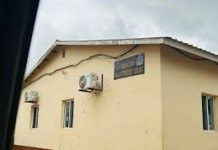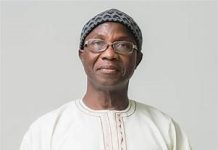By Aja Musu Bah Daffeh
Alieu Momarr Njai, the Chairman of the Independent Electoral Commission has described Elections as a great  challenge for the media and thus the need for journalists to know the election laws. He stressed that journalists must report fairly on all candidates noting that the media should be the voice of the voters and to crown it all, they must adhere to professional standards of accuracy, impartiality and responsibility.
challenge for the media and thus the need for journalists to know the election laws. He stressed that journalists must report fairly on all candidates noting that the media should be the voice of the voters and to crown it all, they must adhere to professional standards of accuracy, impartiality and responsibility.
The IEC Chairman was speaking at a day training for media practitioners and members of the Civil Society Organizations (CSOs) organized by IEC as part of activities leading to National Assembly Elections. The purpose of the training is aimed at sensitizing the media on their roles and responsibilities in the electoral process which is an important aspect of election activities. The capacity building workshop was held at the Tango Conference Hall on Wednesday, 22 February, 2017.
IEC Chairman acknowledged the media for the pivotal role they played during the December 1st Presidential Election and after. He said they have not only stopped at voter education, information, civic education, election, monitoring and observation but have been good watchdogs of the Commission and other stakeholders. “We hope that this same spirit will continue in the forthcoming elections and beyond,” said IEC Chairman.
The Chairman explained that for many people, an election is a crucial decision about the future and if the election goes well, the country can continue towards democracy and peace. He noted that this can be an example by their own experience of The Gambia adding that if the election goes badly it can undermined democracy and turn the country towards conflict. He asserted that in this modern age the media is one of the most powerful influences on how election runs inside the country and how it is perceived from the outside.
He continued that for election to go well it must be free and fair therefore there must be free speech so that all candidates contesting in elections can speak without fear. Chairman Njai said the media also must be free to tell everyone what was said without pressure to twist the truth adding that it is the job of professional journalists to fully inform citizens of the issues and their choices so that they can decide for themselves whom to vote for.
To the CSOs, the IEC Chairman said they also play a crucial role in citizen sensitization or awareness creation and conflict prevention, “thus, CSO’s have been recognized as distinguished from society in general on the basis that it is composed of citizens who act collectively in the public sphere to express their interests, to influence policy and to scrutinize and check the exercise of state power”.
Also speaking, IEC Commissioner, Isatou Jallow-Ndure, stated that in election, everyone has a role to play. She said for IEC to adequately implement its mandate, it needs to collaborate with stakeholders such as the media, CSO’s and the National Council for Civic Education especially in the area of voter education.
She continued that democracy building can only be achieved through educating people not just about registering and voting but also by impressing upon public the need and importance of participating in the election process. “Freedom of expression is an integral part of democracy. This fundamental right guarantees that members of a society are able to impact and receive information without prior censorship, restrain or interference and the right to publish freely without constrains is key condition of freedom of speech and a major pillar of a democratic society,” said Commissioner Jallow-Ndure.
She said for there to be genuine democratic electoral process, it is essential that candidates and political parties have the right to communicate their political opinion and manifestos in the media in order that voters receive a diverse range of information, to enable them make inform choices rather than making choices based on blind loyalties.


